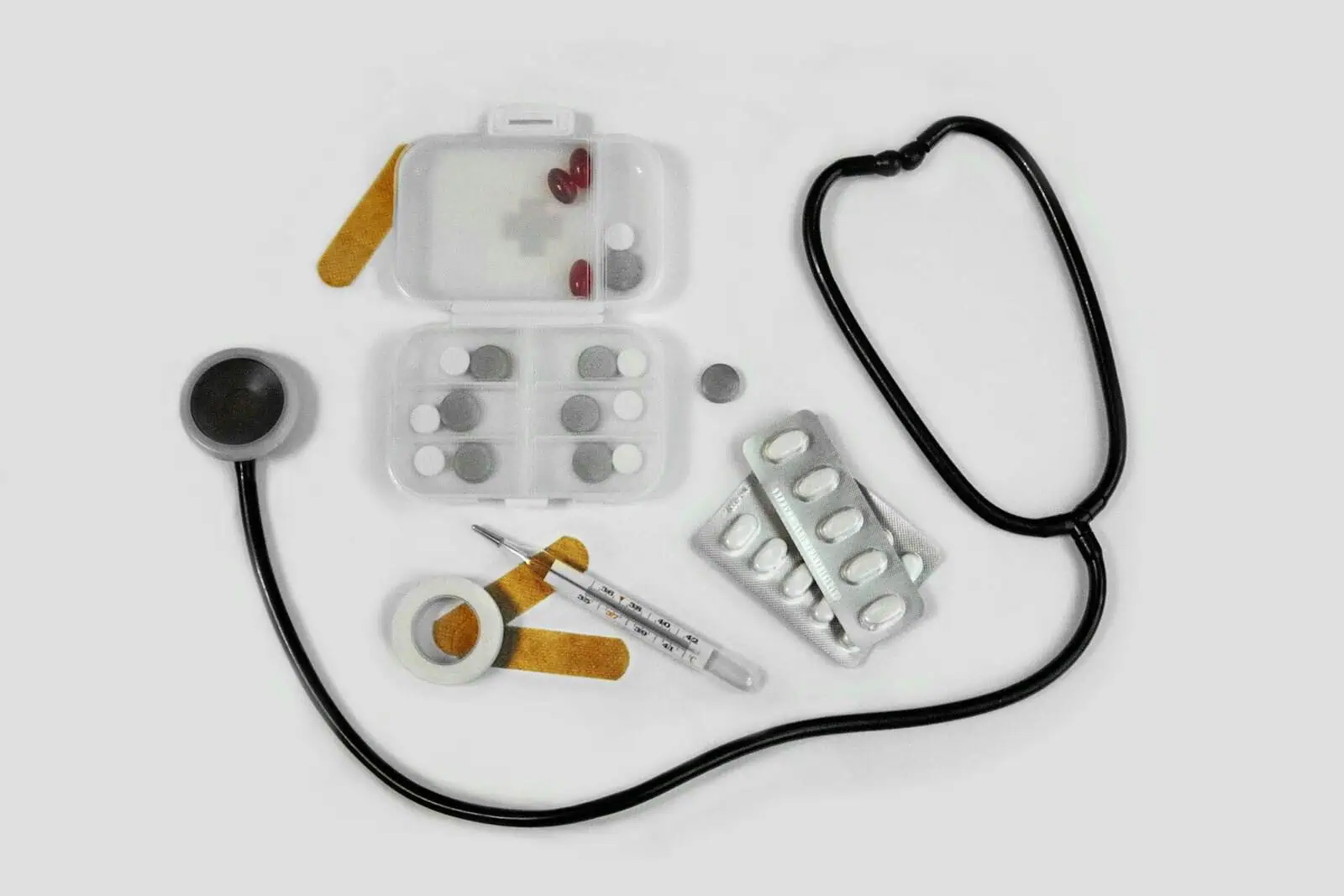Medical negligence, sometimes referred to as clinical negligence, is a serious and complex area of law within the UK. This occurs when the standard of healthcare provided by medical professionals, such as doctors or nurses, falls below an acceptable level, causing harm to a patient. The repercussions of such negligence can range from temporary injury to long-term harm or, in severe cases, death. Understanding and recognizing the most common types of medical negligence claims can help individuals know when they might be entitled to seek legal recourse.
Compensation claims against the National Health Service (NHS) and private healthcare providers form a large part of medical negligence litigation. Claimants who have suffered due to substandard medical care often seek compensation for the impact of their injuries, which can cover a variety of physical and psychological damages. In these cases, claimants need to understand their rights, as well as the legal processes involved in pursuing a Medical Negligence claim in the UK, to ensure they receive the full compensation they are due.
Key Takeaways
- Medical negligence claims address substandard healthcare causing harm.
- Claimants seek compensation for a range of injuries or harm experienced.
- Legal processes are key to understanding rights in negligence claims.
Understanding Medical Negligence
In the UK, the concept of medical negligence is pivotal for protecting patients’ rights and upholding the standards of care within the healthcare system.
Definition and Duty of Care
Medical negligence, also referred to as clinical negligence, arises when a healthcare professional fails to provide the standard of care that is expected in their field, resulting in harm to a patient. This duty of care represents a legal obligation where doctors and medical staff must act with reasonable skill and caution. A breach of this duty may lead to a medical negligence claim if it can be demonstrated that the patient suffered an injury that was directly caused by the negligent act.
Types of Medical Negligence Cases
The most common types of medical negligence cases include:
- Misdiagnosis: Incorrectly diagnosing a condition that leads to improper treatment or no treatment.
- Delayed Diagnosis: Failure to diagnose a condition in a timely manner, potentially worsening the patient’s health outcome.
- Surgical Errors: Mistakes made during surgery, such as incorrect incisions or leaving instruments inside the body.
- Medication Errors: Prescribing or administering the wrong medication or dosage.
- Birth Injuries: Harm encountered by an infant or mother due to negligence during pregnancy or delivery.
Each case hinges on the critical link between negligence and the resultant injury to establish grounds for a claim.
Pursuing a Medical Negligence Claim
When seeking justice for medical negligence in the UK, the claimant must navigate through a structured process. This includes adhering to strict time limits for filing a claim, understanding the claim process, and being aware of the potential compensation and damages that may be recovered.
Filing a Claim and Time Limits
To initiate a medical negligence claim, the claimant needs to file a claim within a specific time limit. Generally, in the UK, this limit is three years from the date the harm or injury was sustained or from the date of knowledge, which refers to the time the individual became aware of the negligence. It is crucial to obtain medical records and evidence to support the claim, emphasizing the occurrence of suffering and harm due to the healthcare professional’s actions.
The Claim Process
The claim process starts with the claimant proving the burden of proof, which involves demonstrating that the nurses, doctors, or other healthcare providers failed in their duty of care, resulting in illness, damage, or suffering. Evidence Such as medical reports, witness statements, and expert testimonies serves as the foundation of the personal injury case. A Letter of Claim is then sent to the healthcare provider, setting out the allegations of medical negligence.
Compensation and Damages
If the claim is successful, the compensation can cover a range of damages including the cost of ongoing treatment, loss of earnings, pain and suffering, and loss of amenity. Compensation claim amounts vary depending on the severity of the negligence and its long-term impacts. The goal is to restore the claimant’s financial state as if the negligence had not occurred, to the extent possible.
Conclusion
Medical negligence claims in the UK highlight critical areas in healthcare requiring attention. Misdiagnosis and surgical errors remain at the forefront, pointing to an ongoing need for systemic improvements. They emphasize the importance of accurate and timely treatment, reinforcing the rights of patients to safe medical practices. Through understanding these common claims, efforts can be directed toward enhancing patient care and reducing future incidents.

